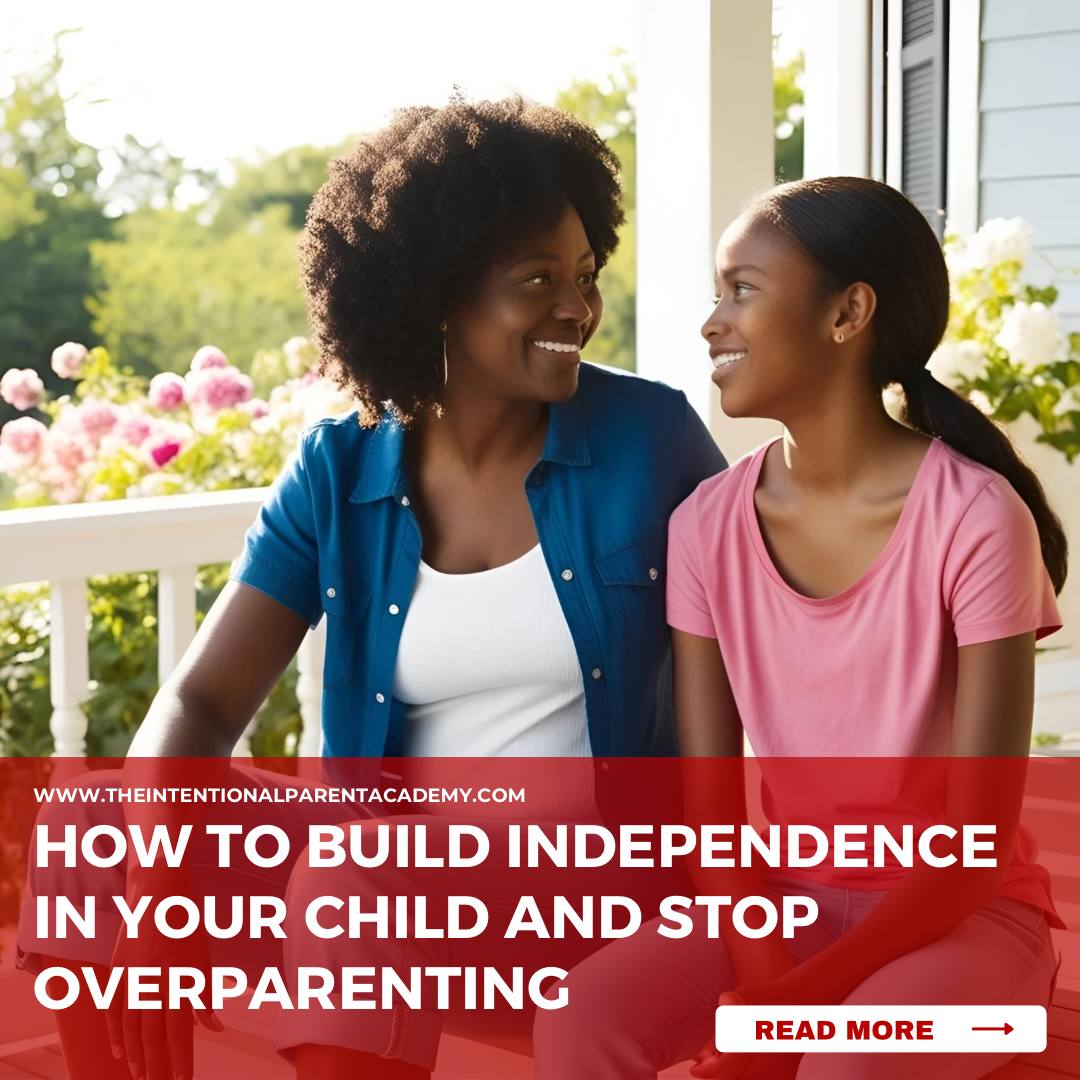5 Reasons your Parenting Feels like a Battle
Parenting is a rewarding but often challenging experience that can sometimes feel like an ongoing battle. Between managing daily responsibilities, handling emotional ups and downs, and facing external pressures, parents can feel like they’re constantly fighting to maintain control, balance, and patience. Here are five reasons why parenting can feel like a battle.
1. Comparison
One of the main reasons parenting can feel like a battle is the pressure of comparison. With social media and the constant sharing of idealized parenting moments, it’s easy to feel like you’re not measuring up. Whether it’s comparing your child’s milestones or your own parenting style to others, this can lead to feelings of inadequacy and self-doubt, making the journey feel more like a competition than a shared experience.
2. Unrealistic expectations:
Another reason parenting can feel like a battle is the burden of unrealistic expectations. Society, family, and even ourselves often set high standards for how we should raise our children, how well-behaved they should be, and how perfectly we should manage everything. When reality doesn’t align with these ideals, it can lead to stress, frustration, and a sense of failure, making parenting feel like an impossible challenge. This is also as a result of lack of emotional intelligence. Both parents and children are still developing emotional awareness and regulation, which can lead to misunderstandings, conflicts, and difficulty managing intense feelings. When parents struggle to recognize or respond to their child’s emotional needs—or their own—it can create tension and make everyday interactions feel like a constant emotional struggle.
3. Power struggles:
As children grow, they naturally seek independence and push against authority. This often results in battles over rules, responsibilities, and boundaries. Parents may feel the need to assert control, while children resist, leading to ongoing clashes that can feel exhausting and frustrating. The challenge is finding a balance between guiding and allowing children to assert their autonomy without constant conflict. Control is a short term fix while connection is long term.
4. Inconsistent boundaries:
This can make parenting feel like a constant battle. When rules are not consistently enforced or expectations change from one situation to another, children can become confused about what is acceptable behavior. This lack of clarity leads to more defiance and testing of limits, making it harder for parents to maintain control. Consistency is key, but it can be difficult to uphold, especially when parents are tired, distracted, or unsure of how to respond in different situations.
5. Feeling overwhelmed is another common reason parenting can feel like a battle. The sheer volume of tasks—managing daily routines, handling emotions, meeting work or social commitments, and taking care of the household—can be exhausting. When parents try to do it all without enough rest or support, it becomes easy to feel like they’re constantly fighting just to keep up. This sense of being overwhelmed can lead to burnout and make even small challenges seem insurmountable.
Lack of emotional regulation can make parenting feel like an uphill battle, particularly when both parents and children struggle to manage strong emotions. When parents are unable to stay calm during moments of stress or frustration, it can lead to reactive behavior, yelling, or disengagement, which only escalates conflicts. Likewise, children are still learning how to regulate their emotions, so tantrums, outbursts, or meltdowns are common. This lack of emotional control can create a constant cycle of tension, making it harder to find peaceful resolutions to everyday challenges.
In conclusion, parenting can often feel like a battle due to a combination of factors such as comparison, unrealistic expectations, power struggles, inconsistent boundaries, feeling overwhelmed, and emotional regulation challenges. While these struggles are a normal part of the parenting journey, recognizing them is the first step toward finding balance and harmony. With patience, consistency, and self-awareness, parents can navigate these battles more effectively, fostering a healthier, more supportive environment for both them and their children.
Want to watch the full video? Click here: https://youtube.com/live/MxDZISu1O_g
Have you registered for the Inner Circle Program 2026?

REGISTER FOR 2026 INNER CIRCLE PROGRAM!
Registration for the 2026 Inner Circle has commenced.
You can book your slot and spread your balance within the year.
Booking fee for single is #10000. ($10)
Complete fee for one parent is #120,000. ($120)
Booking fee for couples is #20,000. ($20)
Complete fee for couples #200,000. ($200)
You can book here:
https://theintentionalparentacademy.selar.co/Innercircle2025BOOKING
Or You can make direct payment to 1310192708 (Zenith Bank). The Intentional Parent Academy, then send a chat to: +2349135714816
International payments can be made through Zelle or PayPal using the email wendyologe@gmail.com
Want to make a one-time payment?
For singles slot pay here
https://theintentionalparentacademy.selar.co/InnercircleRegistrationSinglesComplete
For couples slot:
https://theintentionalparentacademy.selar.co/Innercirclecouplescomplete
Please Note: Fee must be completed before being admitted into the Inner Circle Program which starts on the 1st of December. Don’t forget admission is once a year.

